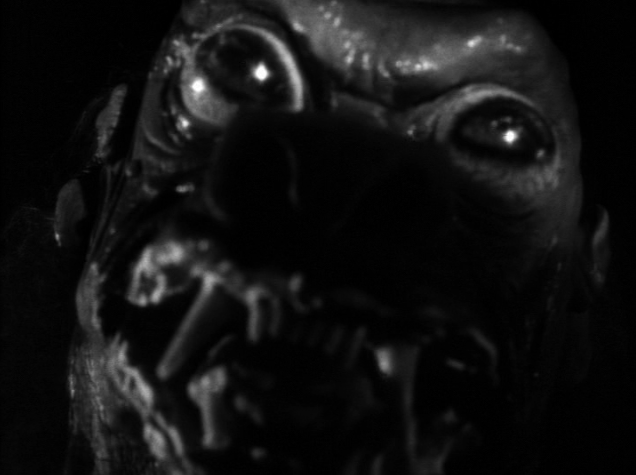D_Davis
Well-Known Member
- Joined
- Jan 14, 2008
- Messages
- 1,348
What are some of the common themes you've noticed in classic science fiction?
Lately, in some of the stuff I've been reading, I've noticed a longing for multiple intelligent species. If there were more than one intelligent, humanoid species on the planet Earth, imagine what we might accomplish. Imagine the ideas we could bounce off of each other. Imagine the new kinds of wars we would fight...
Exploration of telepathy also seems to be a common theme. Why is this?
It is my hypothesis that the fantasy of telepathic communication, a superior and intensely intimate form of direct, mental communication, is a reaction to the decentralization of modern society. As people moved out into the suburbs, away from the common areas of the small town center and the public squares of the larger downtown areas, people started to feel more isolated, more alone, and more distant from one another.
Just as the move towards the suburbs reflected a drastic change in the psyche of modern society, so, too, were the fantasies of the authors examining their society. What better way to combat the feelings of separation than with the ultimate form of oneness, of direct contact with another being's mental facilities?
Lately, in some of the stuff I've been reading, I've noticed a longing for multiple intelligent species. If there were more than one intelligent, humanoid species on the planet Earth, imagine what we might accomplish. Imagine the ideas we could bounce off of each other. Imagine the new kinds of wars we would fight...
Exploration of telepathy also seems to be a common theme. Why is this?
It is my hypothesis that the fantasy of telepathic communication, a superior and intensely intimate form of direct, mental communication, is a reaction to the decentralization of modern society. As people moved out into the suburbs, away from the common areas of the small town center and the public squares of the larger downtown areas, people started to feel more isolated, more alone, and more distant from one another.
Just as the move towards the suburbs reflected a drastic change in the psyche of modern society, so, too, were the fantasies of the authors examining their society. What better way to combat the feelings of separation than with the ultimate form of oneness, of direct contact with another being's mental facilities?


